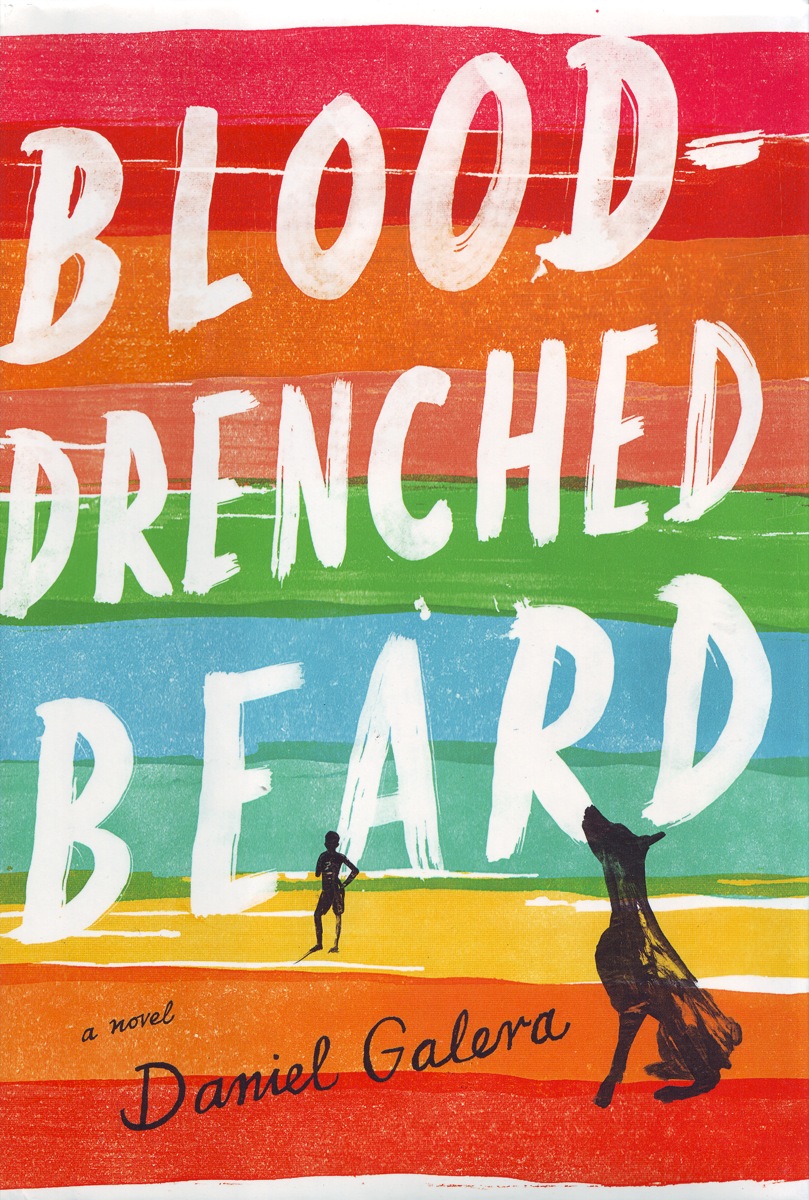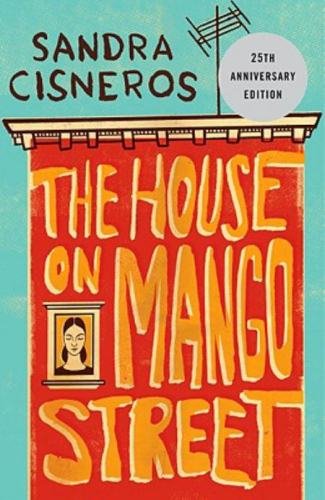Guest Post: How Discovering Sandra Cisneros Helped Me Find My Own Path in Writing
Today we're happy to welcome Phillippe Diederich to Clear Eyes, Full Shelves, whose new novel, Playing for the Devil's Fire, is out now from the excellent Cinco Puntos Press (this is an outstanding independent press--seek out their books if you're looking for fresh voices).
Here's the summary:
Thirteen-year-old Boli and his friends are deep in the middle of a game of marbles. An older boy named Mosca has won the prized Devil's Fire marble. His pals are jealous and want to win it away from him. This is Izayoc, the place of tears, a small pueblo in a tiny valley west of Mexico City where nothing much happens. It's a typical hot Sunday morning except that on the way to church someone discovers the severed head of Enrique Quintanilla propped on the ledge of one of the cement planters in the plaza and everything changes. Not apocalyptic changes, like phalanxes of men riding on horses with stingers for tails, but subtle ones: poor neighbors turning up with brand-new SUVs, pimpled teens with fancy girls hanging off them. Boli's parents leave for Toluca and don't arrive at their destination. No one will talk about it. A washed out masked wrestler turns up one day, a man only interested in finding his next meal. Boli hopes to inspire the luchador to set out with him to find his parents.
I started reading seriously when I was in tenth grade. I had a great English teacher and we were reading Italian and Russian short stories. I really took to the Russians. It led me to read Crime and Punishment and Anna Karenina. I didn't read that much for the rest of my high school days, but that was mostly because I didn't like the books I came across. We had to read Ordinary People and The Old Man and the Sea. Well, for a 16 year old boy who'd never gone fishing, I couldn't imagine more boring books.
A few years after I graduated from high school, I picked up a copy of For Whom The Bell Tolls by Earnest Hemingway. It got me back to reading. I went out and got every book I could by Hemingway—even The Old Man and the Sea. I read all the classics I could find because I found the stories entertaining.
So when I started writing I was imitating Faulkner or Henry Miller or Kerouac. My early efforts were all verbal gymnastics. No story and a lot of fluff. I couldn't find my voice because I had grown up in Mexico from Haitian and New Zealand parents. I knew nothing about growing up in the U.S. I felt my story was not of value—at least to write about.
Then one day a friend gave me a copy of The House on Mango Street by Sandra Cisneros. The book, its use of Spanish and the duality of identity that Cisneros portrayed, spoke very much to my own experience. It was as if it gave me license to use Spanish and to write about what I knew—my own story.
I think the importance of diverse books, all types of books that address issues or heritage or identities that most people might not consider mainstream is important for all readers because for many, they will see themselves in the books, but for others, they will perhaps understand those who are not like them. I think this is especially important today when we are seeing so much prejudice and hate toward those who are supposedly 'different'. And to me, this is the power of literature, to elicit empathy from people who would otherwise not be aware of how other people live.
Every week I see a number of reviews of new books about some suburban or NYC drama or about some young person trying to make it in the Big Apple. All I can do is roll my eyes and keep looking for something different. It's true that most good stories are universal, but it's always nice to be able to identify with the characters in those stories.

Inessential Guide to Review








